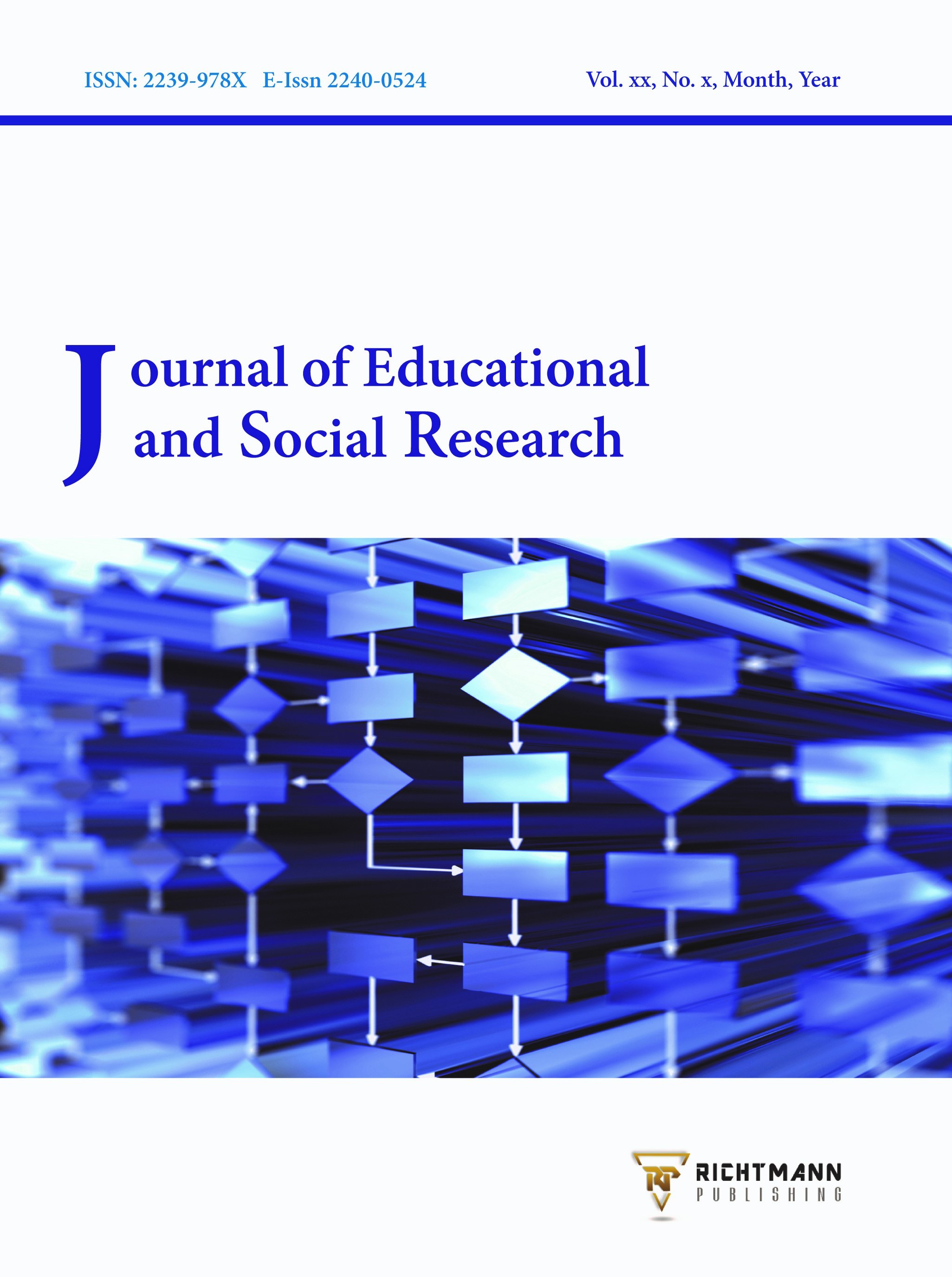Load-Shedding in South Africa: An Immediate Threat to the Right to Education, “Section 29 Inquiry”
DOI:
https://doi.org/10.36941/jesr-2023-0020Keywords:
Electricity, Educational Pedagogics, Load shedding, Right to Education, Modern EducationAbstract
The Constitution of the Republic of South Africa pledges in its preamble that “every citizen must equally be protected by the law, and further foster the quality of life of all citizens”. Thus, as a way of fostering the quality of life of all citizens, the Constitution in the Bill of Rights embodies a concoction of rights that enable citizens to exercise in nurturing their livelihood. In the midst of these rights, section 29 affords everyone the right to basic education. Against this backdrop, South Africa has failed for some time to resolve the electricity crisis infamously dubbed “load shedding”. Consequently, the load-shedding crisis confronting the country adversely impacts, and to some extent violates the Constitution in particular, section 29. In the same breath, media reports further ignite the reality that some learners during the examination period could not access, write or even attend to other educational activities due to load shedding. Therefore, the electricity crisis summonses the researchers to explore the degree of violation of section 29 and the effects that load shedding has on education and its infrastructure. Apart from that, the paper examines the role of load shedding apropos to the right to basic education by demonstrating that load shedding is severally and jointly liable for some challenges confronting the education sector. Finally, the paper establishes through judicial and legislative jurisprudence the State’s duty to afford everyone adequate access to basic education in South Africa.
Received: 15 May 2022 / Accepted: 12 December 2022 / Published: 5 January 2023
Downloads
Downloads
Published
Issue
Section
License

This work is licensed under a Creative Commons Attribution-NonCommercial 4.0 International License.
This work is licensed under a Creative Commons Attribution-NonCommercial 4.0 International License.









